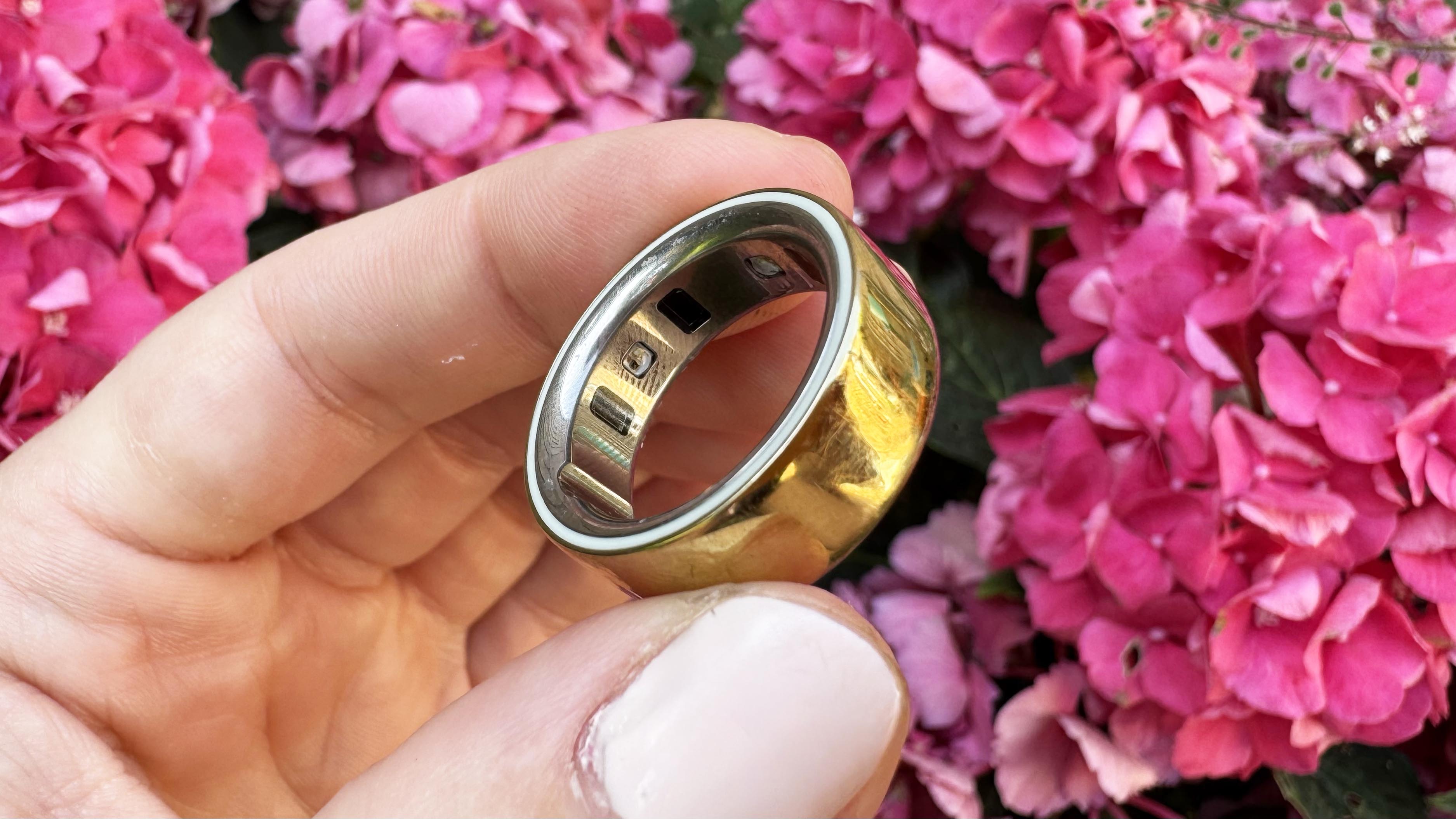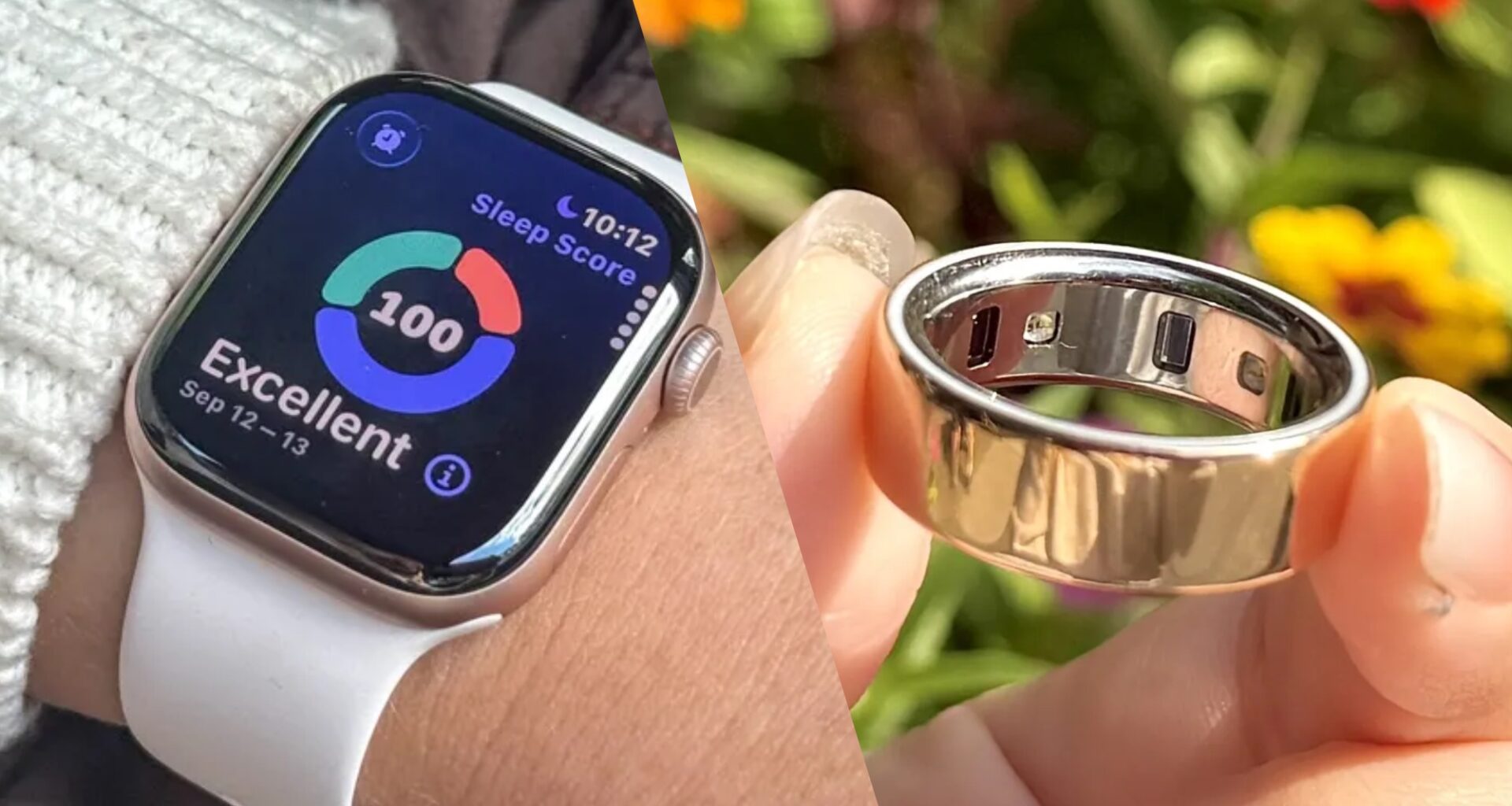Like any new parent, I’m pretty obsessed with sleep. I track my sleep religiously, and hang around the Tom’s Guide fitness desk long enough, you’ll probably hear me talking about my Oura stats. I’ve been using the Oura Ring 4 to track my sleep for the past year, before that, the Oura Ring 3, and for that reason, I was intrigued to see how Apple’s new sleep score compared.
Like many Apple Watch wearers, I’ve been patiently waiting for the rumored sleep score to drop. If you’ve not used it yet, it’ll show you at a glance how well you slept, giving you a score out of 100. On night one, I concluded that Apple seriously missed the mark by not adding the sleep score to its morning report. But a week later, I sat down to compare my Apple’s and Oura’s sleep scores.
Of course, there’s no way to tell which is actually correct — I’m no sleep scientist, and with a teething toddler as an alarm clock, most nights my sleep duration is out of my control.
You may like

(Image credit: Future)How does Apple calculate your sleep score?
Apple’s measurement is a score out of 100, but it’s calculated by analyzing several aspects of sleep — the overall duration, the number of times you wake up and for how long, and whether you get to sleep close to your typical bedtime.
Each sleep score is on a quality scale: Excellent, High, OK, Low, or Very Low. Apple stresses the classification isn’t an indication of how you feel when you wake up, but just how restorative your sleep was.
Here’s the different sleep scores for the past seven nights:
Swipe to scroll horizontally
Apple
Oura
Sept 12
98
75
Sept 13
98
84
Sept 14
78
76
Sept 15
98
79
Sept 16
100
81
Sept 17
97
80
Sept 18
98
78
As you can see at a glance, for the entire week, my Oura sleep scores were a lot lower than Apple’s. This isn’t to say Apple’s sleep scores are wrong, and it would be unfair to draw any conclusions after just seven nights of testing, but for me, the first few nights were the biggest disparity.
I was struggling to recover from a virus my son picked up at daycare, and my Oura ring was alerting me to biometric signs my body wasn’t recovering, namely a raised body temperature and respiratory rate overnight. Apple, on the other hand, told me my sleep score was 98.
When I look into the actual sleep tracked, things are pretty similar. For example, on September 15, Apple recorded 7 hours 23 minutes of sleep, with 37 minutes of deep sleep, 2 hours 12 minutes of REM sleep, and 3 minutes awake.
Oura, on the other hand, recorded 6 hours 48 minutes of sleep, 1 hour 4 minutes of deep sleep, 1 hour 37 minutes of REM sleep, and 1 hour 9 minutes awake in the middle of the night. This explains the difference in scores. I don’t remember being awake for an hour between 2 and 3 am; however, I did have a fever and was very restless, which perhaps my watch didn’t pick up.
Oura looks at seven different metrics when calculating the sleep score, including REM sleep, Deep sleep, Latency, and Efficiency. Oura’s sleep score also takes into account all your sleep, including naps.
Perhaps Oura is a harsher critic, or Apple takes an optimistic approach to its sleep score, but either way, I’ll continue comparing the two over the next few weeks.
Follow Tom’s Guide on Google News, or add us as a preferred source, to get our up-to-date news, analysis, and reviews in your feeds. Make sure to click the Follow button!
Today’s best Apple Watch 11 and Oura Ring 4 deals
